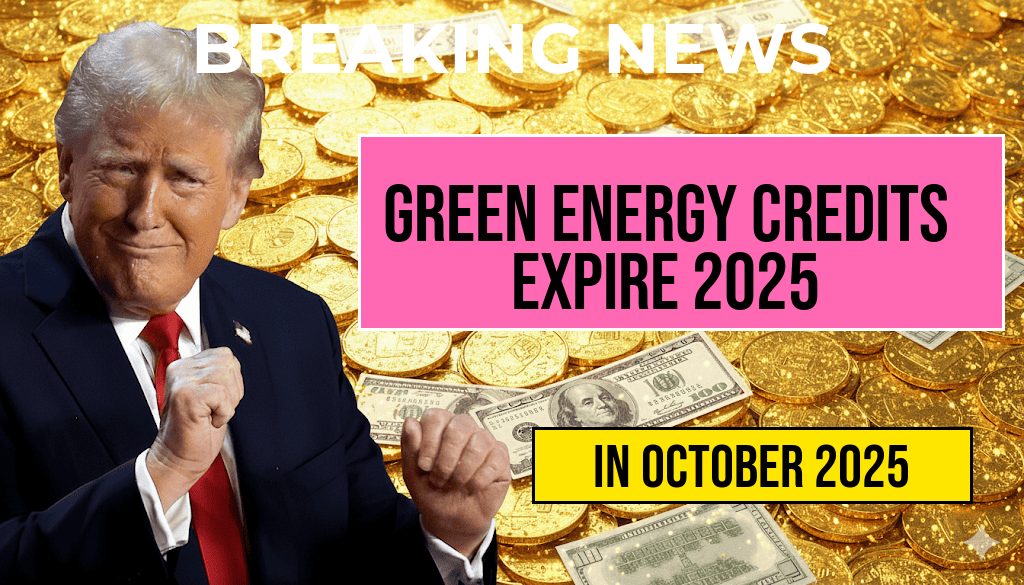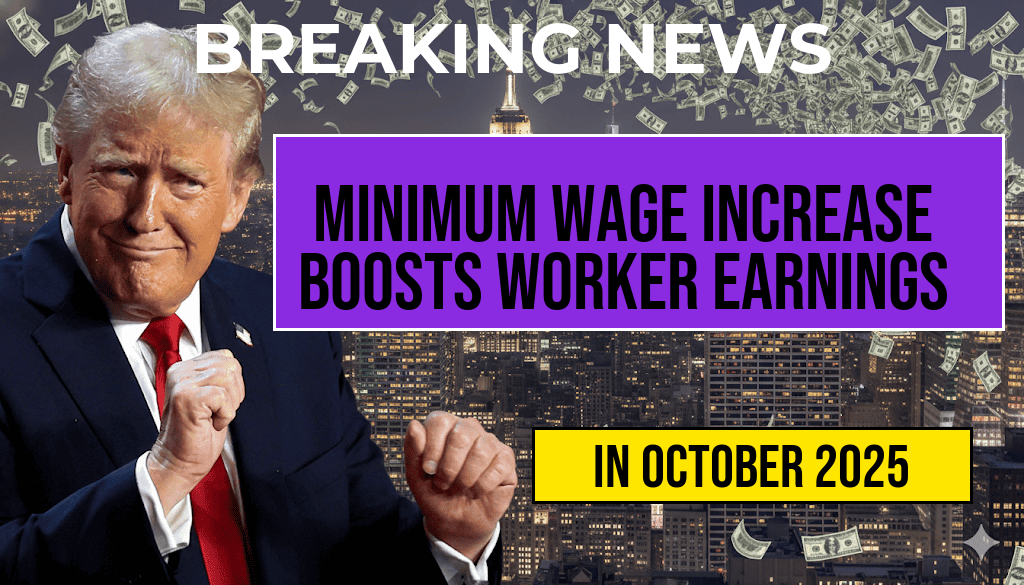The expiration date for several green energy credits and associated residential tax benefits is approaching at the end of 2024, making 2025 a critical year for homeowners considering renewable energy investments. The federal government’s primary incentives, including the Investment Tax Credit (ITC) for solar installations and other clean energy credits, are set to phase out or reduce significantly after December 31, 2024. This impending deadline has prompted a surge in activity among homeowners, installers, and industry stakeholders eager to capitalize on available benefits before they expire. Experts warn that missing the 2024 cutoff could result in substantial financial losses for those planning to adopt solar power, energy-efficient upgrades, or other renewable technologies. As policymakers debate extension proposals, understanding the scope of current incentives and the timeline for expiration is essential for anyone seeking to maximize their residential energy investments.
Understanding the Expiring Energy Credits and Incentives
The federal government has long offered financial incentives to accelerate the adoption of renewable energy sources. These include the Investment Tax Credit (ITC), which subsidizes solar panel installations, and other credits aimed at promoting energy efficiency and clean technology adoption in residential properties. However, these incentives are often structured with sunset clauses that limit their availability over time, and the upcoming expiration of many credits in 2025 has created a sense of urgency among homeowners.
Key Residential Energy Incentives Set to Expire
- Investment Tax Credit (ITC): Currently covering up to 30% of the cost of solar installation, the ITC is scheduled to decrease to 26% in 2024 and then to 22% in 2025 unless extended by Congress.
- Residential Energy Efficiency Credits: Certain credits for energy-efficient windows, doors, and HVAC upgrades are also set to expire after 2024.
- State and Local Incentives: Many states offer additional rebates and credits that may have varying expiration dates, with some phasing out or reducing benefits in 2025.
Implications of the 2025 Deadline
Homeowners who install qualifying renewable energy systems or upgrade existing systems before the end of 2024 can claim significant tax benefits in the current tax year. Delaying projects until 2025 could result in losing access to these benefits or facing reduced incentives, which might impact project affordability and return on investment. As a result, many industry experts recommend scheduling installations well in advance of the deadline to ensure eligibility.
Assessing the Financial Impact
| Year | ITC Percentage | Estimated Savings on $20,000 Solar System | Additional State Incentives |
|---|---|---|---|
| 2024 | 30% | $6,000 | Up to $2,000 (varies by state) |
| 2025 | 22% | $4,400 | Reduced or phased out in many states |
This table illustrates the potential difference in savings, which can significantly influence the financial feasibility of solar projects. Experts emphasize that for homeowners on the fence, the decision to proceed now is financially prudent, especially given the uncertainties surrounding future policy extensions.
Policy Developments and Future Outlook
Legislative debates continue in Congress regarding the extension or expansion of renewable energy credits. The Biden administration has expressed support for extending current incentives to promote clean energy adoption, but legislative gridlock has delayed concrete action. Meanwhile, industry advocates argue that extending these credits is crucial for meeting climate goals and maintaining American competitiveness in renewable technology manufacturing.
As the debate persists, homeowners and industry professionals are advised to stay informed through official channels such as the U.S. Department of Energy and reputable industry news outlets. Working with experienced solar installers can also help ensure projects are completed within the eligible window to maximize benefits.
Steps for Homeowners Planning Renewable Projects
- Consult with certified installers: Obtain a detailed assessment and timeline for project completion before the end of 2024.
- Evaluate the cost-effectiveness: Calculate potential savings to determine if immediate installation makes financial sense.
- Review local incentives: Check with local utility providers and state agencies for additional rebates or benefits that may expire soon.
- Stay informed about policy updates: Follow news regarding potential extensions or policy changes that could impact future benefits.
For homeowners eager to maximize their green energy credits and reduce long-term energy costs, acting now is the most strategic choice. As the December 2024 cutoff approaches, the window for claiming significant tax benefits narrows, making timely decisions critical for maximizing financial returns on renewable energy investments.
Frequently Asked Questions
What are Green Energy Credits and how do they benefit homeowners?
Green Energy Credits are incentives provided by the government to encourage the adoption of renewable energy solutions. They can reduce the overall cost of installing solar panels or other renewable systems, offering significant tax benefits to eligible homeowners.
When do the Green Energy Credits expire?
The Green Energy Credits are set to expire in 2025. Homeowners are encouraged to claim these tax benefits before the deadline to maximize their savings.
How can I claim residential tax benefits related to Green Energy Credits?
To claim residential tax benefits, homeowners need to ensure their renewable energy systems meet specific criteria and file the appropriate documentation with their tax returns. Consulting a tax professional or energy specialist can help streamline this process.
What types of renewable energy projects qualify for Green Energy Credits?
Qualifying projects typically include solar panel installations, wind turbines, and other renewable energy systems installed on residential properties. It’s important to verify current eligibility criteria to ensure your project qualifies.
Why is it important to act before the 2025 deadline?
Acting before the 2025 deadline is crucial because once the credits expire, homeowners will no longer be able to claim these tax benefits. Taking advantage of this opportunity can lead to significant cost savings on renewable energy investments.






